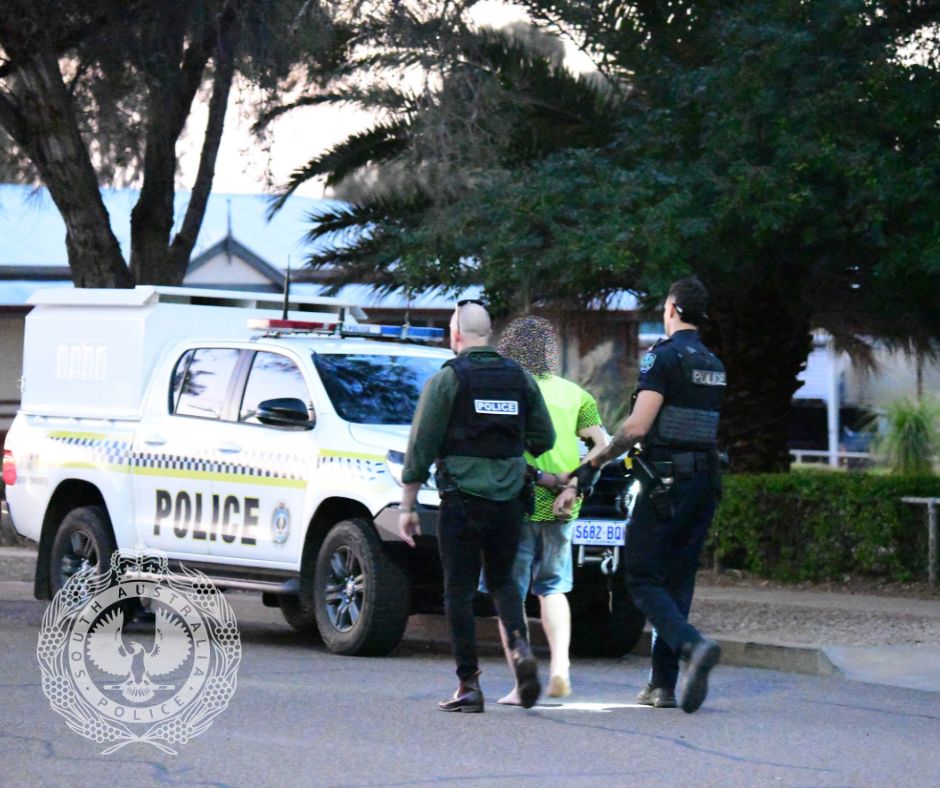
Coffs Harbour City Council is leading the charge among employer groups when it comes to offering employees a choice to register as organ and tissue donors. Yesterday (Wednesday March 27) its staff were given the opportunity to register their donation decisions.

Dr Gail Moloney (left) with Coffs Harbour Mayor Denise Knight and Dr Michael Sutherland, an organ donation specialist with NSW Organ and Tissue Donation Service.
The registration initiative is a collaboration between Southern Cross University and the NSW Organ & Tissue Donation Service to make it easier for people to indicate their decision.
What many in the community don’t realise is that donation decisions are no longer recorded on their driver’s licence.* Instead it must be recorded on the Australian Organ Donor Register.
Coffs Harbour Mayor Denise Knight said she was pleased that her council was leading the way in this important initiative.
“Hopefully Coffs Harbour City Council is just the first of many councils and other organisations to support their staff in making this decision.”
Now in its third year, this collaborative research project is investigating strategies to increase the number of people registering their organ donation decision on the Australian Organ Donor Register.
“Driving this initiative is the concern that many people are still unaware that organ donation decisions can now only be recorded on the Australian Organ Donor Register,” said lead researcher and social psychologist Dr Gail Moloney of Southern Cross University.
“And, this matters. When someone has registered to donate their organs or tissue, nearly all families agree to donation. But less than half of families give consent to donation when they have not registered. Registration does involve a choice: people can register as a donor (to donate all or some of their organs) or register not to donate. What is important is that everybody registers.”
Donation decisions that are recorded on the Australian Organ Donor Register can be changed at any time. The next of kin are always asked to make the final donation decision. This decision is much easier if the deceased person has registered their wishes, as it leaves families in no doubt of what their loved one wanted.
“Southern Cross University and NSW Organ & Tissue Donation Service are thrilled that Coffs Harbour City Council is supporting this registration initiative,” Dr Moloney said.
“Without question, this support has the potential to increase the number of registrations on the Australian Organ Donor Register.”
Dr Moloney’s PhD thesis investigated the social understandings that non-medical people hold about organ donation.
“The impetus for my research was that people typically reported favourable attitudes towards organ donation yet organ donation rates did not meet the need for donated organs,” she said.
Since then Dr Moloney has supervised many Honours research projects in this area, one of which looked at ways to facilitate people registering on the Australian Organ Donor Register. This lead to the collaboration in July 2016 between Southern Cross University and NSW Organ and Tissue Donation with the registration initiative subsequently offered, successfully, at the pre-game events at the State of Origin and NRL Grand Final; Qantas headquarters at Mascot in Sydney; at hospitals around Sydney; and a cycling event in Kingscliff on the NSW Far North Coast.
“One of the central findings is that the majority of people who are eligible-to-register, but have not yet done so, do register on the spot on the Australian Organ Donor Register when they are given the opportunity,” said Dr Moloney.
The research project is now being extended to look at ways of offering this initiative on a larger scale to give more people the opportunity to register.
*The Australian Organ Donor Register (AODR) was introduced as a national register of consent (or objection) in 2000. Between 2005 and 2012, the recording of donation decisions (except for South Australia) was transitioned from the driver’s licence to registration on the national register. Yet what remains low is awareness of both the AODR itself and that donation decisions are no longer recorded on the driver’s licence.






